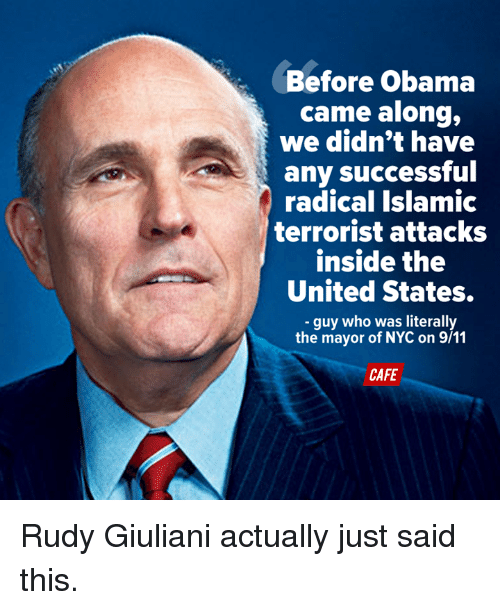
If Donald Trump does not read, he will not have all he needs to know to be able to make good decisions.
"Donald Trump doesn’t read much. Being president probably wouldn’t change that"
By Marc Fisher, July 17, 2016
"NEW YORK — As he has prepared to be named the Republican nominee for president, Donald Trump has not read any biographies of presidents. He said he would like to someday. He has no time to read, he said: “I never have. I’m always busy doing a lot. Now I’m more busy, I guess, than ever before.”
Trump’s desk is piled high with magazines, nearly all of them with himself on their covers, and each morning, he reviews a pile of printouts of news articles about himself that his secretary delivers to his desk. But there are no shelves of books in his office, no computer on his desk.
Presidents have different ways of preparing to make decisions. Some read deeply, some prefer to review short memos that condense difficult issues into bite-size summaries, ideally with check-boxes at the bottom of the page. But Trump, poised to become the first major-party presidential nominee since Dwight Eisenhower who had not previously held elected office, appears to have an unusually light appetite for reading."
"8 Fascinating Stories About Presidents And Their Favorite Books"
Tevi Troy, Contributor, Feb. 17, 2014, 3:51 PM
" This post was written by Tevi Troy, author of "What Jefferson Read, Ike Watched, and Obama Tweeted: 200 Years of Popular Culture in the White House." The book focuses on how American presidents have been influenced by the books they read and pop culture they consumed—which, in turn, helped shape the political and economical policies carried out during their presidencies."
http://www.businessinsider.com/8-surprising-tales-of-presidential-reading-2014-2
"How to Read Like a President"
By JON MEACHAMOCT. 31, 2008
http://www.nytimes.com/2008/11/02/books/review/Meacham-t.html
"You can tell a lot about a president — or a presidential candidate — by what he reads, or says he reads. We know the iconic examples: George Washington and his rules of civility, Thomas Jefferson and the thinkers of the French and Scottish Enlightenments, Lincoln and the Bible and Shakespeare. Though a generation apart, Theodore and Franklin Roosevelt both loved Alfred Thayer Mahan’s “Influence of Sea Power Upon History” and savored the imperial poems of Kipling. Together such works created a kind of Anglo-American ethos in their minds — an ethos Franklin Roosevelt would make concrete during World War II, when he and Winston Churchill quoted Edward Lear’s nonsense rhymes to each other as they fought Hitler and Japan.
Harry Truman was obsessed with Andrew Jackson, and one can trace the origins of Truman’s plain-spoken populism to Jackson’s ideology and style of a century before. (Truman read so many books about Old Hickory that his haberdashery partner, Eddie Jacobson, later said the failure of their business was due in part to the fact that Truman was always off in a corner with his nose in a Jackson biography.) John F. Kennedy favored David Cecil’s life of Melbourne, a cool statesman, and his fondness for Ian Fleming’s James Bond novels mirrored the New Frontier’s self-image of dashing idealism masquerading as cynicism.
Ronald Reagan used books to escape from the fears and uncertainties of his alcoholic father’s household, holing up in an elderly neighbor’s house on endless afternoons and losing himself in the fantastical novels of Edgar Rice Burroughs — including one in which a special space shield protects Earth from invading Martians, a template that would recur in Reagan’s life, first in a Brass Bancroft movie and later with the Strategic Defense Initiative.
The current nominees for president also offer revealing choices when asked which books have been most important to them. John McCain has long spoken of his affection for, and identification with, Robert Jordan, the protagonist of Ernest Hemingway’s “For Whom the Bell Tolls.” After I interviewed McCain this past summer — a conversation in which we discussed Jordan at some length — I reread the conclusion of the novel. The lingering image of the final scene is not one of death but of Jordan, the college professor who has come to Spain to fight the fascists, wounded yet still alive, taking aim at the enemy, his heart still beating against the forest floor. Hemingway does not kill Jordan but leaves him there, engaged to the end in the battles of his time."
